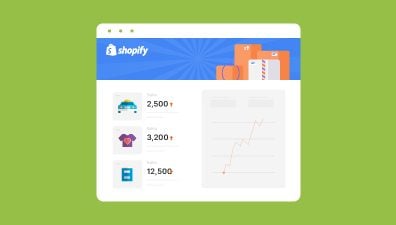Starting an online business requires a lot of effort and a well-designed platform. In order to create a successful online store, you need to consider many factors including ease of use, pricing, features, customer support, and more. When it comes to choosing a platform for your business, two popular options are ClickFunnels and Shopify. Both platforms offer a wide range of features and benefits, but they also have some significant differences. In this article, we will compare ClickFunnels vs Shopify in terms of its key features, ease of use, and pricing to help you determine which platform is the best choice for your specific business needs. Whether you are a new entrepreneur or an experienced marketer, this article will provide valuable insights to help you make an informed decision.
Table of Contents
Overview of ClickFunnels and Shopify
ClickFunnels vs Shopify is a popular online store-building platform that can help businesses create successful online stores.
Shopify is a hosted eCommerce platform, which means that it provides users with a secure hosting environment for their website and other services like payment processing. Shopify also offers an extensive range of features, including several different themes to choose from, a wide selection of integrations, and an easy-to-use drag-and-drop editor.
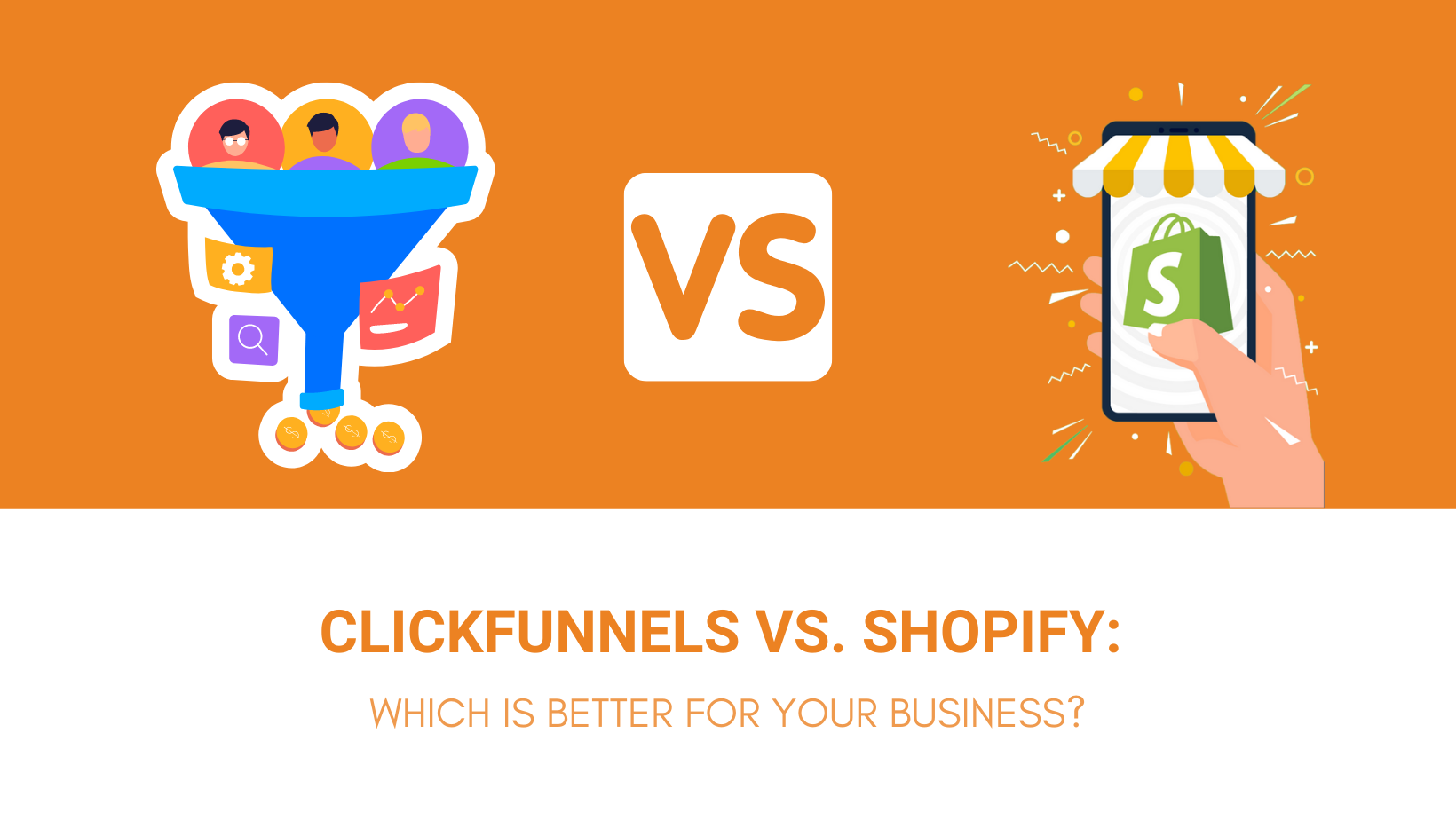
ClickFunnels is an all-in-one sales funnel builder that helps users create successful online stores without the need for technical expertise. It provides users with a range of tools to design effective sales funnels, including customizable templates that can be used to create visually appealing pages. With ClickFunnels, users also have access to a wide variety of marketing tools and analytics, which allow them to track the performance of their funnels and make necessary adjustments as needed.
ClickFunnels vs Shopify: Features Comparison
Sales Funnels
When comparing ClickFunnels vs Shopify which offers sales funnel-building capabilities, the approach each platform takes is slightly different.
ClickFunnels is specifically designed for building and optimizing sales funnels. It provides a wide range of customizable templates and drag-and-drop elements, making it easy for businesses to create and customize their sales funnels. Additionally, ClickFunnels provides a range of features specifically tailored to sales funnel optimization, such as split testing, funnel analytics, and conversion tracking.

Shopify, on the other hand, is primarily an eCommerce platform that provides a range of features for managing and selling products online. While Shopify does provide some basic sales funnel-building capabilities, it does not have the same level of customization and optimization options as ClickFunnels. However, Shopify does integrate with a range of third-party apps and plugins, including sales funnel builders, which can be used to add additional sales funnel capabilities to the platform.
While both platforms offer sales funnel-building capabilities, ClickFunnels is specifically designed for sales funnel optimization and provides a wider range of features and customization options. Shopify, while not as robust in sales funnel capabilities, provides a comprehensive eCommerce platform with the option to add sales funnel-building capabilities through third-party integrations.
Winner: ClickFunnels
Online Store Builder
ClickFunnels and Shopify both offer online store builder features, but they cater to different needs and target audiences.
ClickFunnels focuses primarily on building sales funnels and converting website visitors into customers. It provides a range of templates and drag-and-drop elements for building custom pages, but the eCommerce capabilities are limited compared to a platform like Shopify. ClickFunnels can integrate with various payment gateways, but it does not offer a full-fledged eCommerce solution like Shopify.

In contrast, Shopify is a comprehensive eCommerce platform designed for building and managing online stores. It provides a range of features for building and customizing an online store, including customizable templates, themes, and a large selection of apps and plugins. Shopify also integrates with a range of payment gateways, shipping providers, and tax calculators, making it easy to manage all aspects of an online store from one place.
Furthermore, you can customize your Shopify to your liking even if you don’t know much about the platform with the aid of Shopify development service like what Magenest has been providing since 2015.
If you are looking to build a comprehensive online store, Shopify is a better option. Both platforms have their strengths and limitations, and the right choice depends on the specific needs and goals of your business.
Winner: Shopify
Inventory Management System
ClickFunnels vs Shopify offers inventory management features, but they cater to different needs and target audiences.
While ClickFunnels provides some basic inventory management features, such as the ability to track and manage product quantities, it is not a full-fledged inventory management system like what is offered by Shopify.
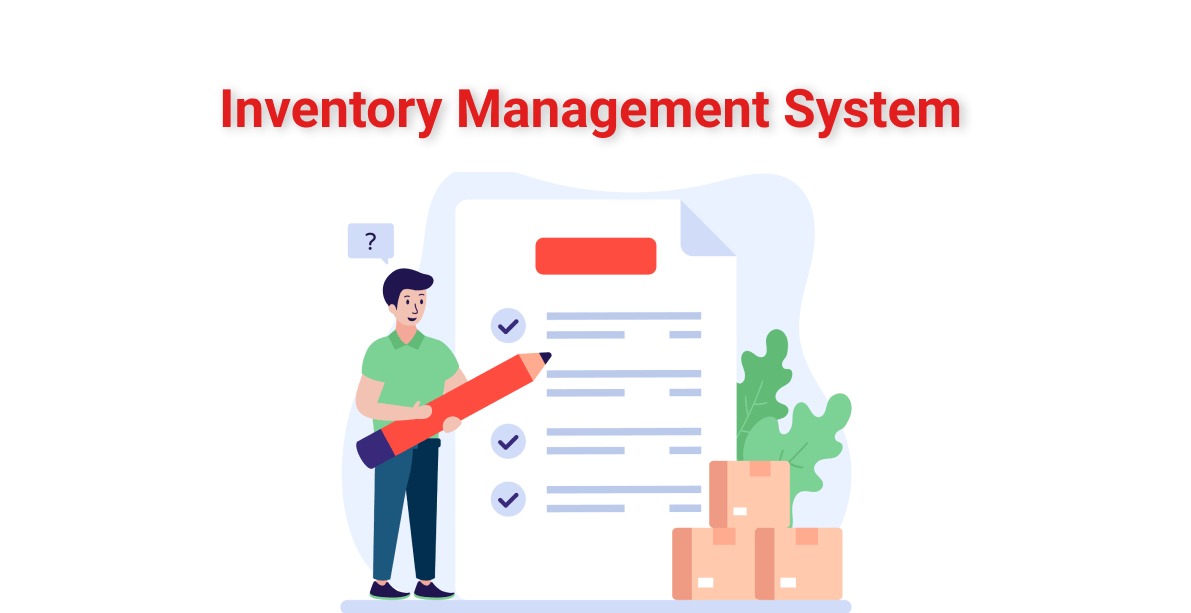
Shopify, on the other hand, is a comprehensive eCommerce platform that provides a robust inventory management system. It allows businesses to manage and track inventory levels, product variants, and product details from one central location. Shopify also integrates with a range of shipping providers, making it easy to manage shipping and delivery of products.
If you are looking for a full-fledged inventory management system for your business, Shopify is a better option.
Winner: Shopify
CRM System
ClickFunnels vs Shopify both offer customer management features, but they approach it from different perspectives.
ClickFunnels primarily focuses on the sales funnel process and lead generation. It provides basic customer management features, such as the ability to capture customer information, tag, and segment leads, and integrate with email marketing platforms. However, it is not as comprehensive as Shopify’s customer management system.

Shopify, on the other hand, provides a comprehensive customer management system. It allows businesses to manage customer information, orders, and purchase history from one central location. Shopify also provides features such as customer segmentation, abandoned cart recovery, and email marketing integration. Additionally, Shopify integrates with a range of third-party apps that provide more advanced customer management features, such as customer loyalty programs and customer feedback tools.
If you are looking for a more comprehensive customer management system, Shopify is a better option. If you are mainly focused on lead generation and the sales funnel process, ClickFunnels may be a better option.
Winner: Shopify
Analytics
ClickFunnels provides basic analytics features, such as tracking website visitor activity, conversion rates, and funnel performance. It also integrates with Google Analytics to provide more in-depth insights into customer behavior and website performance.
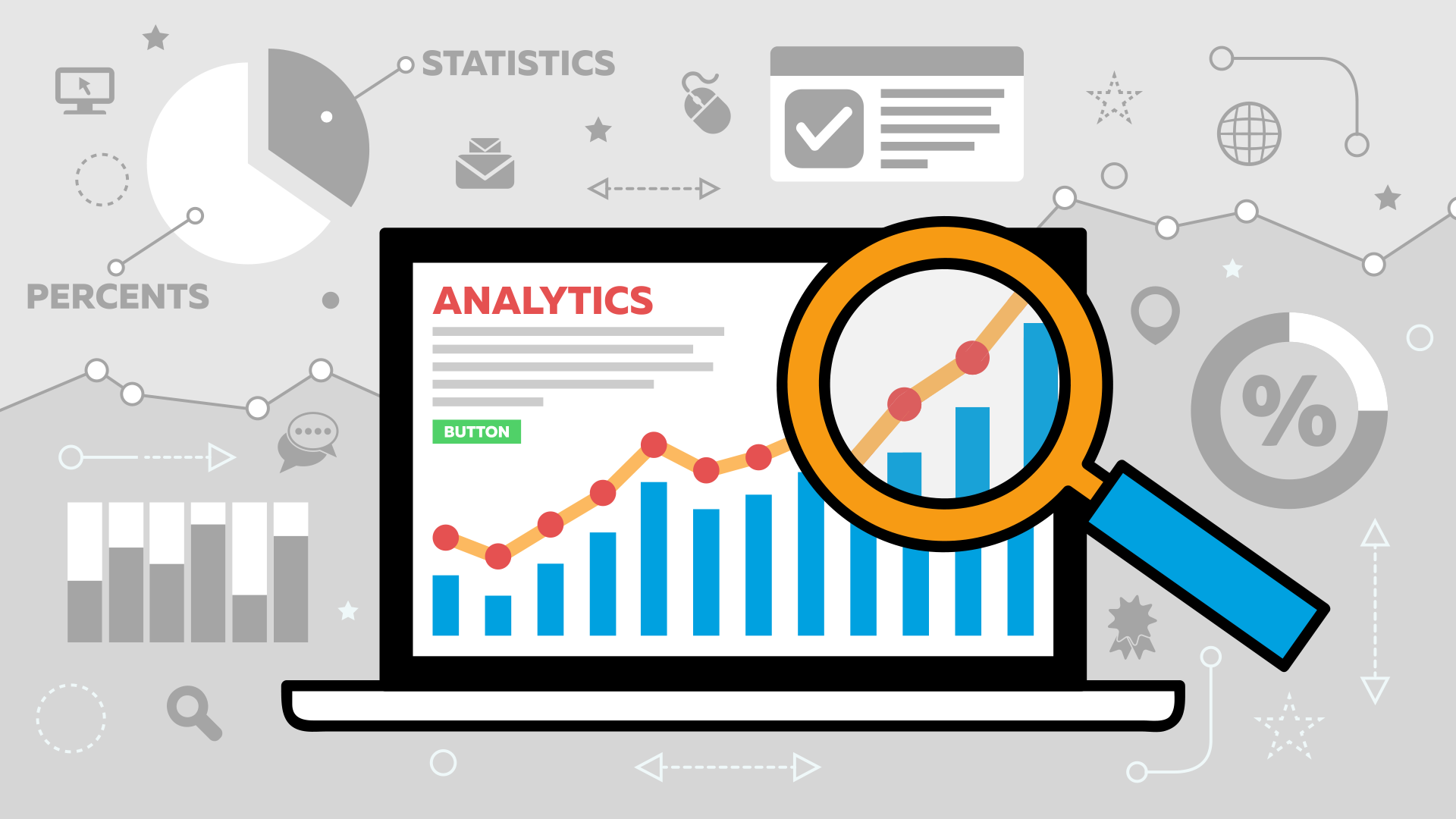
Shopify, on the other hand, provides a more comprehensive analytics platform that allows businesses to track and analyze various aspects of their eCommerce store, including sales, customer behavior, and website traffic. The platform also provides built-in reports, as well as integration with third-party analytics tools such as Google Analytics.
If you are looking for a more comprehensive analytics platform, Shopify is a better option. If you are mainly focused on tracking the performance of your sales funnels, ClickFunnels may be a better option.
Winner: Shopify
Integrations
ClickFunnels integrates with a variety of third-party services such as payment gateways, email marketing platforms, and webinar services. This allows users to streamline their sales and marketing process and create a seamless customer experience.
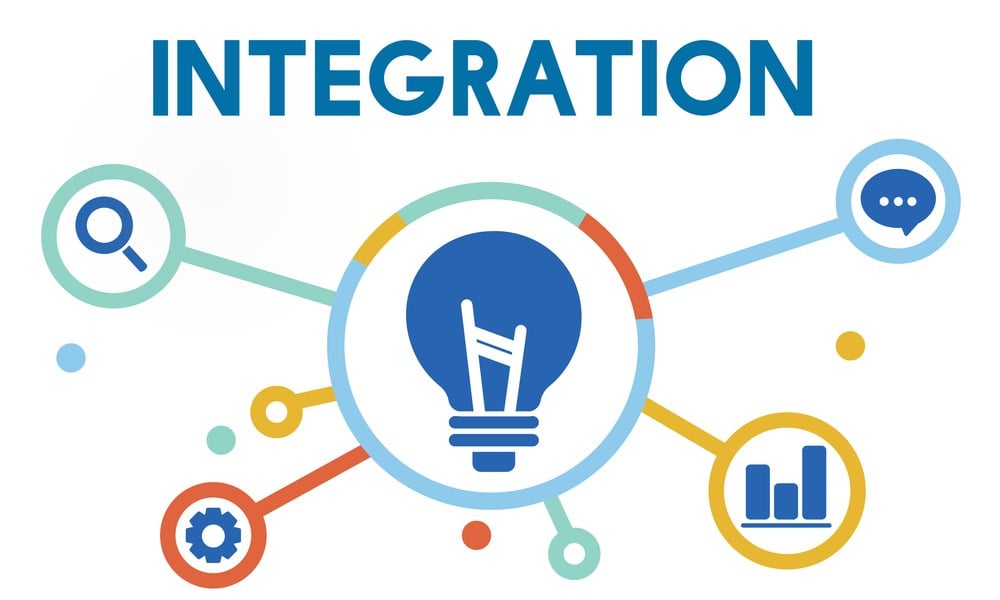
Shopify, on the other hand, offers a robust app store that provides access to hundreds of integrations, including payment gateways, shipping solutions, and marketing tools. This allows Shopify users to customize their eCommerce store with a wide range of tools and services to suit their specific needs.
ClickFunnels vs Shopify offers integrations with a variety of third-party services, but Shopify provides access to a wider range of integrations through its app store.
Winner: Shopify
Payment Gateways
ClickFunnels vs Shopify offers a range of payment gateway options to allow businesses to securely and conveniently accept payments from their customers.
ClickFunnels integrates with a variety of payment gateways, including Stripe, PayPal, and Authorize.net. This allows businesses to easily and securely process payments from their customers and also enables them to offer multiple payment options.
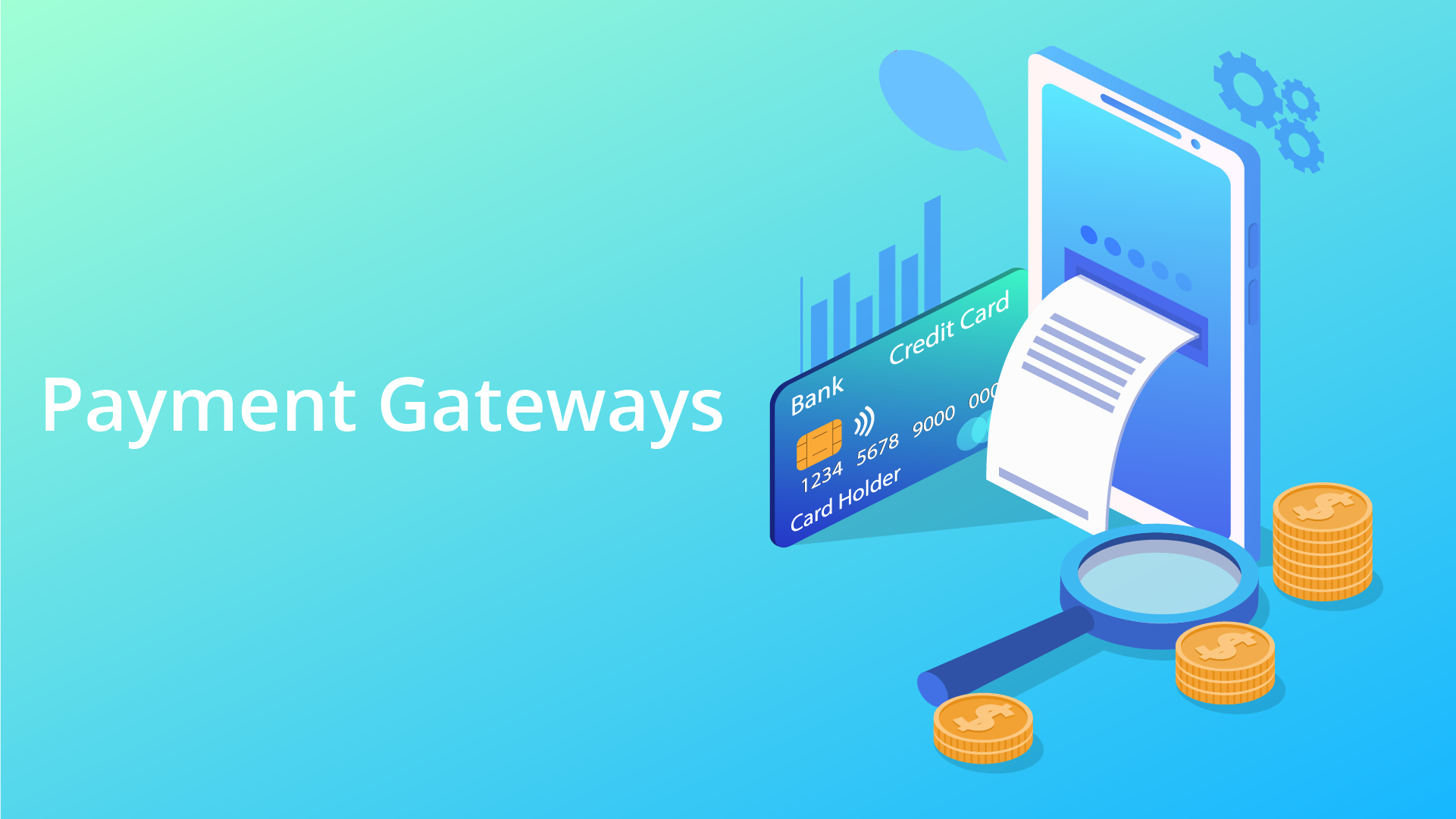
Shopify also integrates with a variety of payment gateways, including its own payment processing system, Shopify Payments. It also integrates with popular payment gateways such as Stripe, PayPal, and Square. This allows businesses to choose the payment gateway that best fits their needs and provides the most secure and convenient payment processing for their customers.
When comparing the payment gateways of ClickFunnels vs Shopify, Shopify has its own internal payment processing platform, whereas ClickFunnels only supports third-party integration.
Winner: Shopify
SEO
Search engine optimization (SEO) is an important factor for businesses looking to improve their online visibility and attract more traffic to their website. ClickFunnels vs Shopify offers some SEO features, but they differ in the level of support they provide.
ClickFunnels offers some basic SEO features such as customizable meta titles and descriptions, but it is not as comprehensive as Shopify in terms of SEO support. ClickFunnels also does not provide built-in tools for generating sitemaps, optimizing images, or creating schema markup, which is important for improving a website’s search engine ranking.

Regarding Shopify, it provides a number of built-in SEO features, such as the automatic generation of sitemaps, the ability to optimize images, and the option to add schema markup to the website. Shopify also provides a blog feature, which is an important tool for content marketing and improving search engine rankings.
While ClickFunnels vs Shopify offers some basic SEO features, Shopify provides a more comprehensive and user-friendly approach to SEO, making it a better option for businesses looking to improve their online visibility and attract more traffic to their website.
Winner: Shopify
Customer Support
When comparing ClickFunnels vs Shopify, each platform offers robust customer support options to their users.
Shopify provides 24/7 support through multiple channels such as email, live chat, and phone. They also have a vast knowledge base, video tutorials, and a community forum where users can get answers to their questions. Additionally, Shopify offers a paid VIP support plan for enterprise-level businesses.

ClickFunnels, on the other hand, provides customer support through email and live chat from 9 AM to 5 PM Mountain Time, Monday through Friday. They also have a comprehensive knowledge base and a community forum for users to find answers to their questions. ClickFunnels also offers a paid Platinum support plan for its users that includes dedicated customer support and priority response times.
In terms of response times and quality of support, both Shopify and ClickFunnels have received positive reviews from users. However, Shopify’s 24/7 support availability gives them an edge over ClickFunnels, which only offers support during business hours. Overall, the level of customer support offered by both platforms is strong, and users can expect to receive helpful and timely responses to their questions and concerns.
Winner: Shopify
Ease of Use Comparison
In terms of ease of use, Shopify vs ClickFunnels has its own strengths and weaknesses. Shopify is designed to be user-friendly and easy to use for those without any technical expertise, offering a drag-and-drop website builder, intuitive navigation, and a large library of themes to choose from. The platform also offers 24/7 support, helpful guides, and a community of users to help answer any questions.
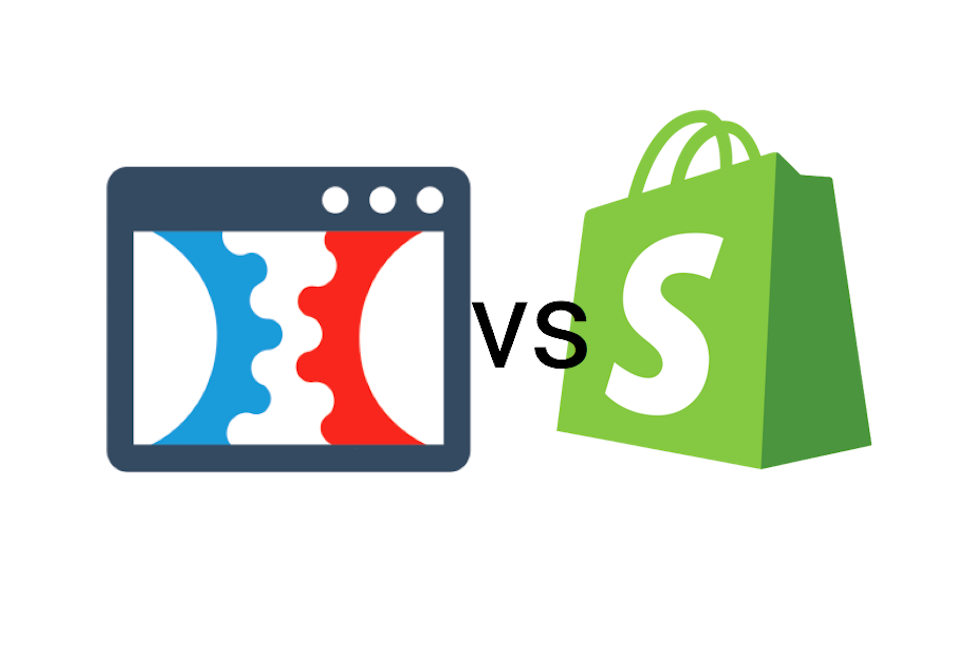
ClickFunnels, in contrast, is a sales funnel builder that focuses on creating high-converting sales funnels. While it may not be as intuitive as Shopify for those without any technical background, it offers a wide range of tools and features that can help businesses increase their conversion rates. The platform also provides a variety of tutorials, support, and a community of users to help users get the most out of the platform.
Both platforms are easy to use, but the level of ease will depend on the user’s experience and technical background. Shopify is more beginner-friendly, while ClickFunnels is a more advanced platform that requires a bit more technical know-how.
Winner: Shopify
Pricing Comparison
ClickFunnels vs Shopify provides different pricing structures, and the cost will depend on the specific needs and scale of your business.
ClickFunnels
ClickFunnels offers three main pricing options: The standard package costs $97/month, the ClickFunnels Platinum package costs $297/month, and ClickFunnels Collective costs $1,497/month.
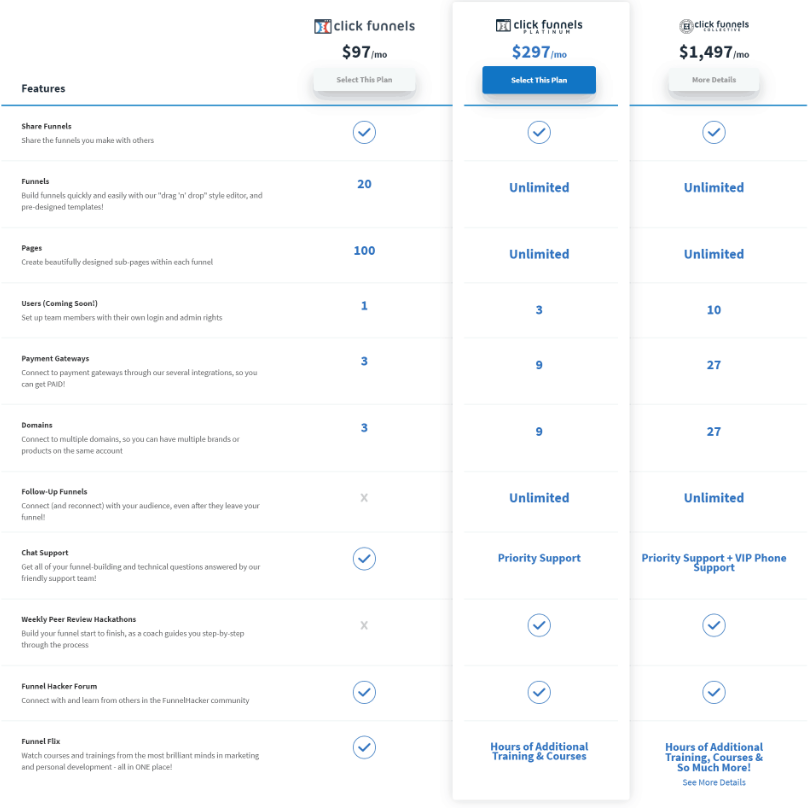
To begin with, it should be mentioned that ClickFunnels offers a 14-Day Free Trial, which you may access.
Shopify
Shopify, on the other hand, offers several pricing plans ranging from $29 to $299/month, with the Basic Shopify plan starting at $29/month.
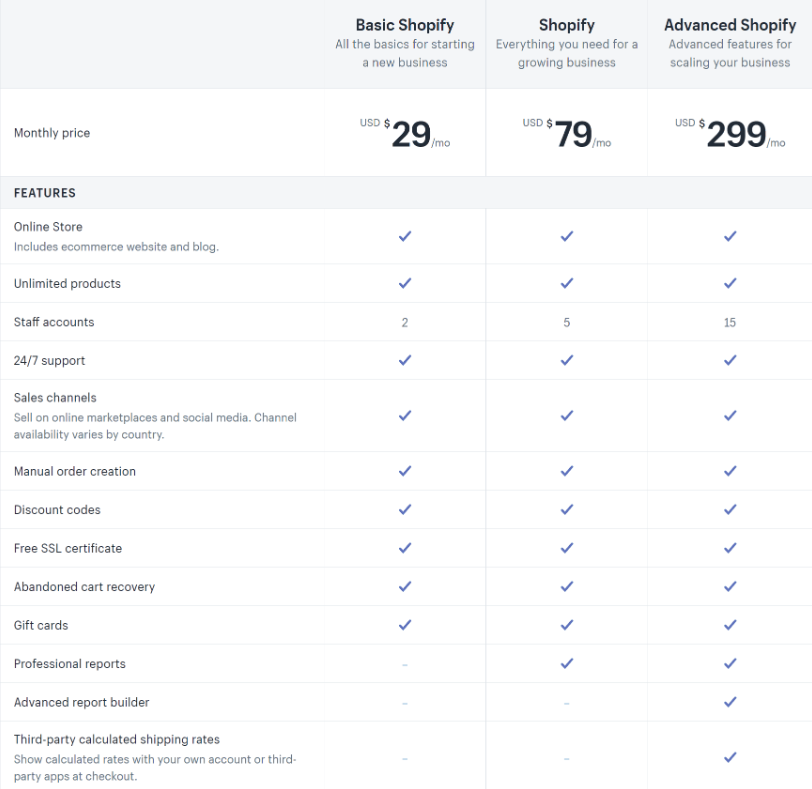
All plans come with a 14-day free trial. The higher-tier plans offer more features, such as more staff accounts, more advanced reporting, and lower transaction fees. Additionally, Shopify offers an enterprise-level solution called Shopify Plus, which starts at $2,000/month.
In terms of value for money, it depends on the specific needs and goals of your business. Shopify may be more affordable for businesses looking to build an online store and manage their inventory. Meanwhile, ClickFunnels may be a better option for businesses looking to build sales funnels and marketing campaigns. It’s important to carefully evaluate your needs and budget to determine which platform is the best fit for your business.
Winner: Shopify
ClickFunnels vs Shopify: Which one is better?
Choose Shopify when
A merchant should choose Shopify when they are looking for a platform to easily create and manage an online store. Shopify is ideal for small to medium-sized businesses that want a user-friendly solution for setting up an online store with a range of customization options. It is suitable for merchants who are looking for a platform with a wide range of integrations, payment gateways, and marketing tools to help grow their businesses.
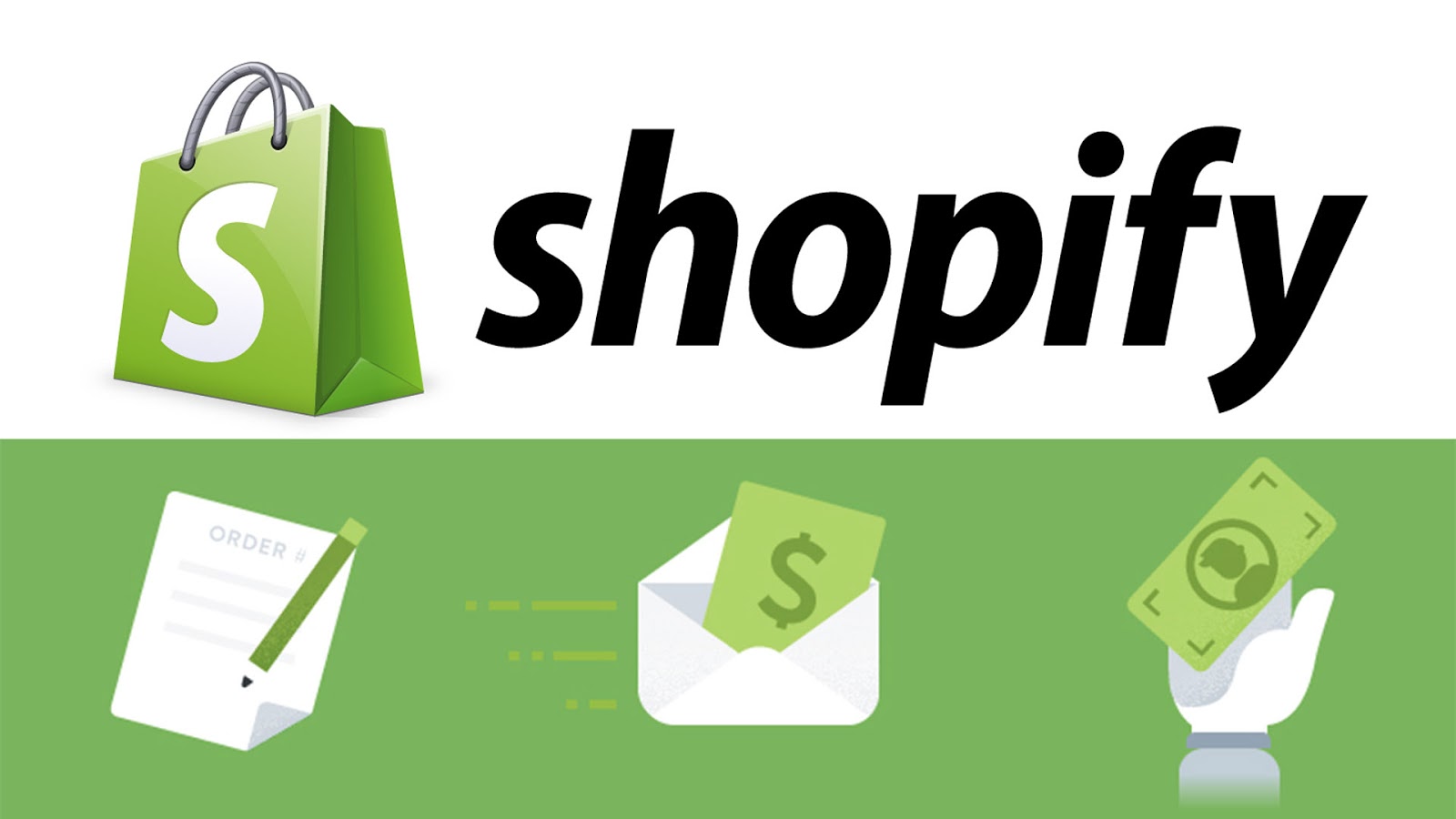
Additionally, Shopify offers 24/7 customer support and a large selection of free and paid themes to choose from. It is suitable for merchants who want to sell products through multiple channels, such as social media and marketplaces. Overall, Shopify is a great choice for merchants who are looking for an all-in-one platform to build and manage their online store.
Choose Clickfunnels when
A merchant should choose ClickFunnels if they need a platform that is specifically designed for sales-to-funnel creation and optimization. ClickFunnels is a platform that eases businesses’ efforts when it comes to creating landing pages, sales pages, or even entire sales funnels that assure high-converting customer journeys.

ClickFunnels is best for merchants who prioritize having an all-in-one platform for their sales and marketing activities, rather than just an eCommerce platform. It is particularly suitable for businesses that run physical stores, sell digital products, and offer to coach, and consulting services. ClickFunnels also works well for businesses that are just starting out and want to launch their website as soon as possible.
In conclusion,
Choosing ClickFunnels vs Shopify ultimately comes down to your specific business needs and goals. Shopify is a comprehensive eCommerce platform that offers a wide range of features for building and managing an online store, including inventory management, payment processing, and SEO optimization. On the other hand, ClickFunnels is a sales funnel builder designed to help businesses convert more leads into customers.
If you are looking for an all-in-one platform for creating and managing an online store, Shopify is a solid choice. However, if your primary focus is on building and optimizing sales funnels, ClickFunnels may be the better option.
Ultimately, the best platform for you will depend on your unique requirements, such as budget, business size, and target audience. It is recommended to thoroughly research both options, weigh the pros and cons, and choose the one that best aligns with your goals and needs.



